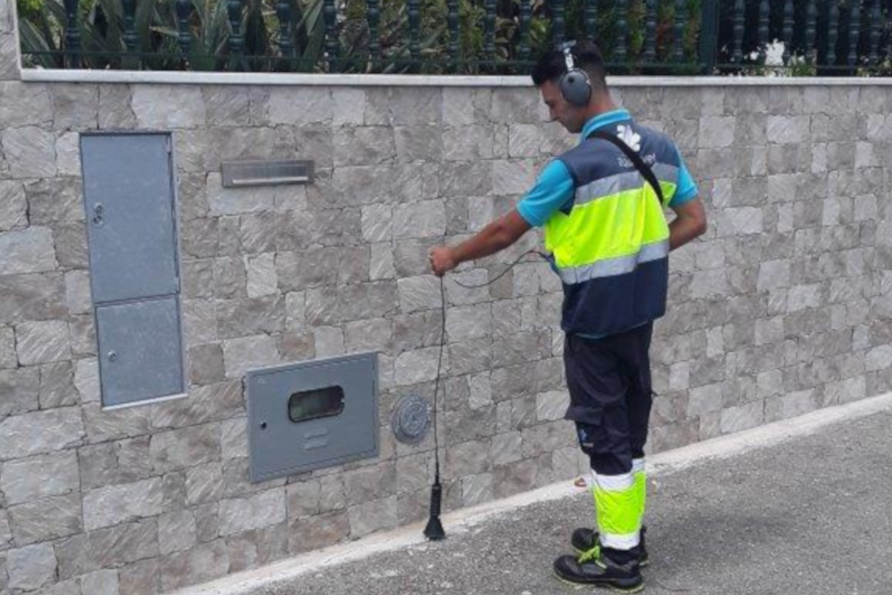
Performance-based contracts transfer the risk to the service provider, which ensures economic, inancial, social and environmental benefits
Miya, through its subsiduary INDAQUA, the largest Portuguese private operator in the sector of municipal water concessions, has just been awarded a new water efficiency contract based on performance, an innovative model of contracting in the water sector in the country that includes the remuneration to the client of water savings based on the real efficiency achieved in the reduction of water losses.
The contract between Águas de Gaia and the joint venture consisting of MIYA and SUEZ will be for 5 years. It envisages measures designed to reduce non-revenue water (NRW) to below 20% and losses to around 10%, with a net benefit for Águas de Gaia of over €2M.
"Our know-how and excellence in reducing water losses −all our concessions have some of the best performance levels in the world, in an area in which Miya is a global benchmark– mean that we can offer this type of service to all water management entities, in a sector in which the country’s results are well below those expected”, says Enrique Castiblanques, Chief Executive of the INDAQUA Group.
This new contract modality, together with the contracts previously signed by INDAQUA with the city council of Maia and ADRA (in the region of Aveiro), will help Águas de Gaia’s strategy in this area. Increased efficiency in managing networks is translated into immediate advantages for the managing entity in terms of financial and environmental stability, and also for consumers through the quality of water supplied and the reliability of the service.
Through this contractual modality, which represents an authentic partnership, other municipal councils can also achieve high levels of efficiency above the national average. This leads to a considerable reduction in water losses and lower ancillary costs, as a way of making the service provided sustainable.
It should be noted that water losses continue to be the main source of inefficiency for managing bodies of public water supply networks, with very negative consequences for the efficiency and quality of the service provided to users. "This is why we believe that there will be more public tenders to promote this contract modality”, adds Mr. Castiblanques.
The contract awarded by Águas de Gaia, as well as the study and implementation of engineering work to reduce non-revenue water, envisages the construction of the elements involved in the zoning of networks: pressure control, meter replacement and other engineering, research and monitoring work.
Here, it is important to recall that the national average for water losses in 2018 was close to 30% for the eighth consecutive year, whereas this trend was slowed down in INDAQUA’s concessions. For the fifth successive year, losses were recorded at below 20%; in 2018 they reached 14%, i.e. less than half the national average. This means that, if the country had equalled this level of performance (overall losses around 15%), the loss of 123 million m3 of water would have been avoided just in that year plus an overall economic gain (corresponding to the reduction of real losses and the commercial loss) of around €150 M per annum, enough to build around 2,000 km of network piping.
